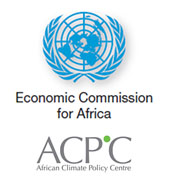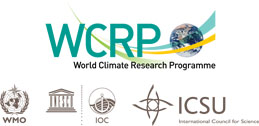Setting priorities through dialogue
Policymakers need access to the best available science in order to craft effective responses to local, national and regional challenges. At the same time, scientists need feedback from policy makers and other users of scientific data and information to develop their research priorities and to respond to stakeholder needs. A two-way dialogue between the policy and research communities is particularly important for addressing the challenges and opportunities associated with climate variability and change in Africa.
Climate science is conducted by research teams around the world, and Africa benefits enormously from this global effort. A stronger indigenous capacity for climate research and education, however, will strengthen the ability of African policymakers to address Africa’s specific challenges. By promoting dialogue, the Frontiers in African Science and ACC2013 conferences will help to align the needs of African decision-makers with the priorities of climate researchers. They will also foster the development of a stronger African research network that will serve African citizens. To better integrate the two events, the outcomes of the Frontiers conference in Arusha will be presented to participants at ACC2013 in Addis Ababa for adoption and then for implementation by national and international organizations.
Some of the potential links between climate science and climate policies that the conferences will explore include:
- Managers responsible for public health, water supplies and food production can improve their decisions if they have access to better short-term climate forecasts (from days to months and seasons). To achieve this, researchers will need to improve their understanding of smaller scale phenomena such as convective rain-bearing systems.
- Farmers, disaster-risk managers and other decisions-makers need advance warnings of extreme floods and droughts at least six months ahead. To provide such warnings, researchers need to improve seasonal forecasts by, for example, gaining a better understanding of how the El Niño/Southern Oscillation, land-cover and land-use change, and other global climate patterns will impact weather and climate conditions in Africa.
- Investments in transport and energy infrastructure require local and national climate forecasts of at least a decade. Scientists need to enhance their understanding of the drivers of natural decadal variability over Africa and how this variability interacts with global climate change.
- Many adaptation measures require anticipating what the local climate will be like 50 years from now. Researchers need to improve their ability to downscale projections of the future global climate in order to predict climate change at the regional, national and local levels. They must also observe and model regional influences such as land-use and land-cover changes.
- To better understand future impacts, policymakers need to better understand vulnerability to current climate events. This will require enhancing ground-based observation networks, which still need significant improvement in Africa. Better databases are also needed on crop yields, river flows, health related matters admissions and other socioeconomic variables.
- Because African institutions are closer to the continent’s end-users of climate information, they need greater capacity for generating information relevant to the regional, national and local levels. Capacity building, dialogue and networking are essential to making greater progress on some of these complex challenges.
- To use climate predictions effectively, decision-makers need a better understanding of their strengths and weaknesses and the level of certainty associated with them. Scientists and end-users must work together closely to ensure that scientific information is clearly understood and properly applied in policies and decisions.
- Climate information and services must be co-developed between producers and users of such information. This will ensure that the resulting information is action-oriented and used in an effective and timely manner. Information must be provided in a jargon-free format that is user-friendly while remaining scientifically credible.
|
UN Economic Commission for Africa, Menelik II Ave. P.O. Box 3001, Addis Ababa, Ethiopia. Tel: +251 11 551 7200, Fax: +251 11 551 4416
World Meteorological Organization, 7bis, avenue de la Paix, Case postale 2300 CH-1211 Geneva 2 Switzerland. Tel.: +41 (0) 22 730 81 11 Fax: +41 (0) 22 730 81 81
|
Sponsors
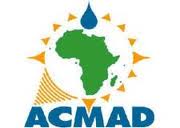 |
 |
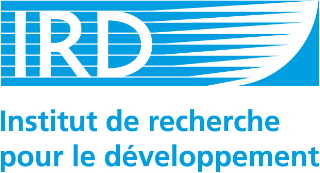 |
 |
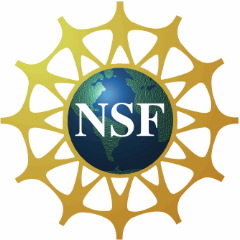 |
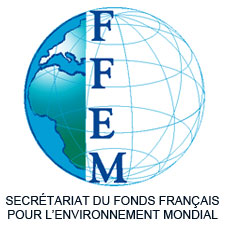 |
 |
 |
 |
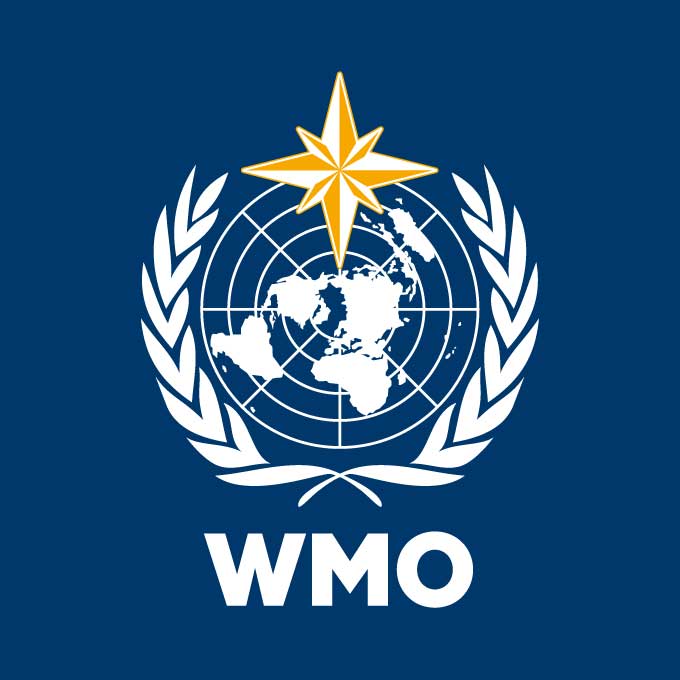 |
 |
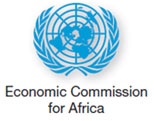 |
 |
 |
